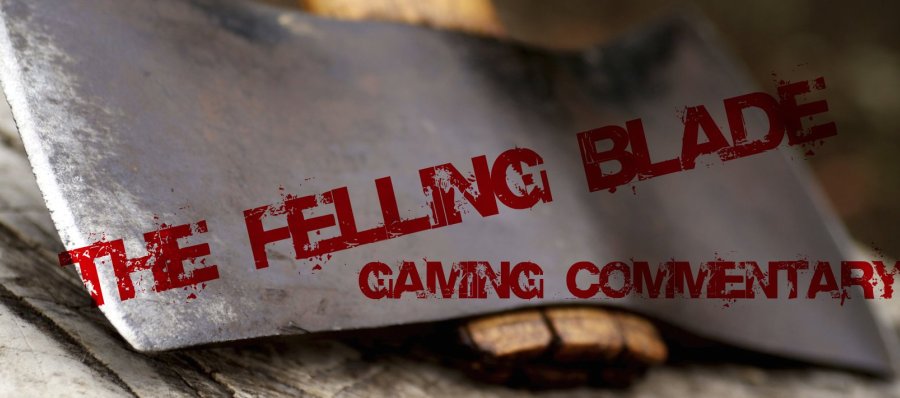I, previously, riffed on an idea by setting stakes overtly in what you were willing to risk. On my Facebook page it received a lot of flak because it broke how people thought it should work - because the principle is that minions should be less likely to risk death. They made a decent point, even with my preference of sacrificing reality for a really good narrative, i.e., modeling fiction, not physics.
So how to deal with health came up again in terms of how to model cinematic damage. And there were a few two ideas there that I wanted to capture:
- The more you get beaten up, the more you demonstrate your determination to fight, the better you fight. Tenra Bansho Zero, an Japanese Fantasy game, flat out has two stats: Vitality, which once lost, you are knocked out, and Wounds, which give you a bonus to fighting instead of losing vitality.
- There is no real death spiral in cinematic fighting, ala Savage Worlds, there's a shaken/stunned, maybe an injured, incapacitated/taken out, and dead. And the last is rare for the hero.
So how do I combine these? To do something vaguely White Wolf inspired (i.e., rating of 1-5) not unusual, I'd envision the track looking something like this (and remember, my young toddler probably has more artistic skills than I do):
The principle is the same, bad stuff happens to you, you mark off Body or Spirit tracks depending on the nature of the bad stuff. If you don't want to mark off the bad stuff, you mark off a point of Grit, get a die bonus - with more and more grit showing how bad you want to risk it.
Then the question is, how you do recovery Grit? The first way that comes to mind is through time, you slowly regain more and more Grit. In the short term, you might take long term penalties, i.e., wounds to regain the Grit.
I'm not entirely sure how to make it work, as I don't really have any other bits to hang off it, but it was an interesting enough concept I wanted to record it, so in six months when I get bored at work and want to play around, I can think about how to incorporate this into a more holistic system.

